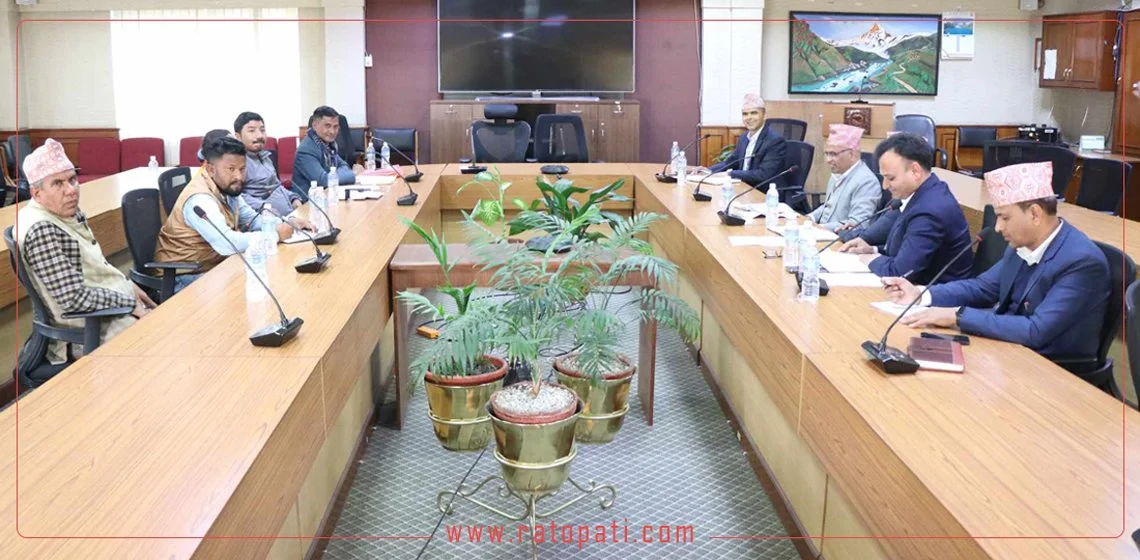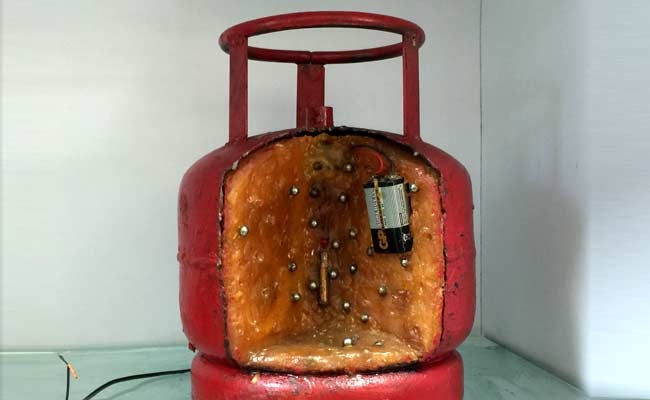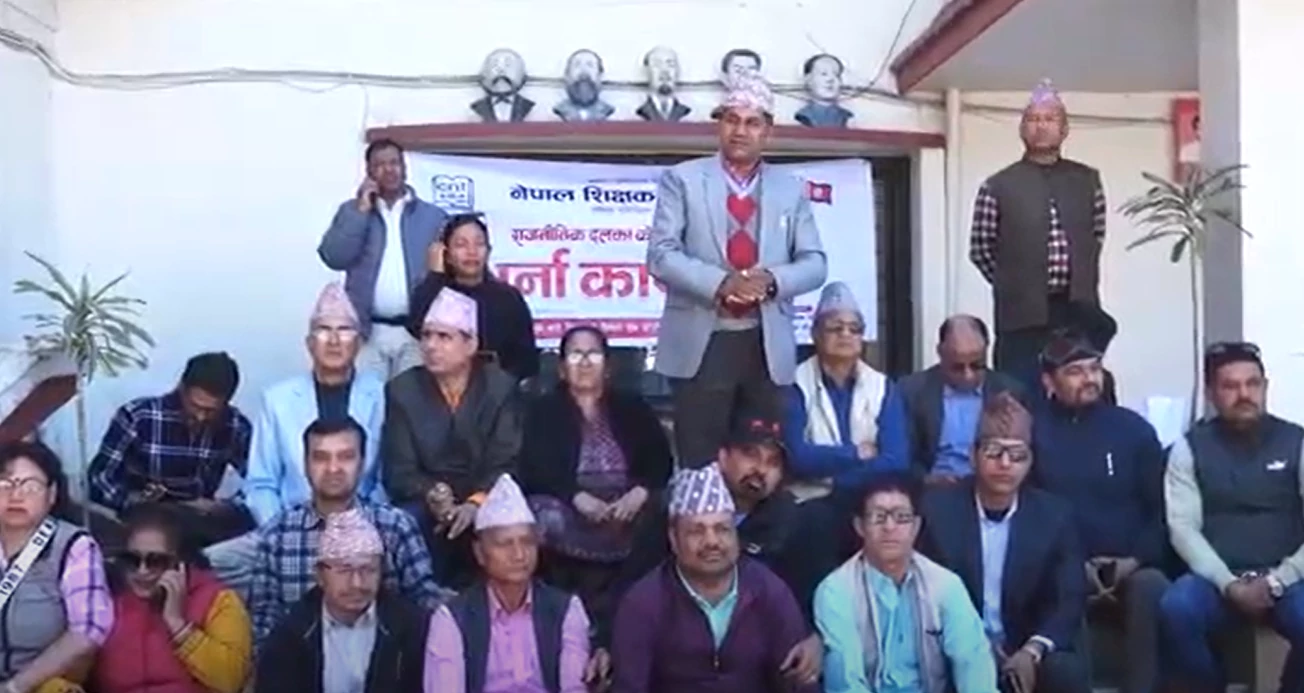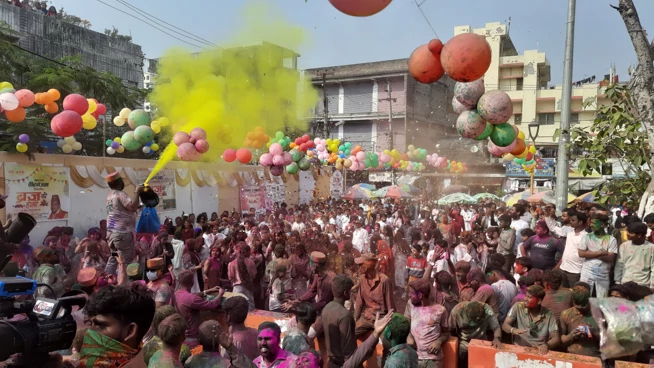Govt and microfinance victims sign six-point agreement, protest programs put off

KATHMANDU: In a significant development, the government and the struggle committee representing victims of microfinance institutions have reached a pivotal six-point agreement, marking a breakthrough in their dialogue.
Under the leadership of Joint Secretary Narayan Prasad Risal from the Ministry of Finance, the dialogue committee engaged in discussions with representatives of microfinance victims at the Ministry of Finance, culminating in the agreement.
One of the key outcomes of the agreement is the cessation of all protest programs by the microfinance victims' struggle committee following the mutual understanding reached between the two parties.
Central to the agreement is the commitment to ensure the effective implementation of rules and directives set forth by the Nepal Rastra Bank (NRB), the central regulatory authority for microfinance companies. This includes strict enforcement of NRB-issued directives regarding maximum interest rates and service charges imposed on borrowers by microfinance institutions.
Additionally, both parties have agreed to uphold regulations prohibiting collective lending beyond prescribed limits and to take necessary action against institutions found in violation of these regulations.
Furthermore, measures will be implemented to prevent borrowers from taking loans from multiple microfinance institutions simultaneously, depositing a certain percentage of the loan amount in savings accounts without consent, or influencing borrowers during loan disbursement processes.
In cases of loan rescheduling and restructuring, microfinance institutions found to be acting contrary to NRB directives will face appropriate legal action.
The agreement also mandates that loans be provided to borrowers only after imparting financial literacy and awareness, a move aimed at ensuring responsible lending practices.
Addressing the demands of the struggle committee, which had been advocating for a one percent service charge and single-digit interest rates, the agreement stipulates that the NRB will conduct a study and submit a report on reducing the lending-deposit spread.
Furthermore, the NRB, through the Ministry of Finance, will conduct a study on national and international best practices regarding micro-credit and savings cooperatives for service purposes, addressing concerns raised about these entities operating as profit-making institutions under company laws.
In response to victims' complaints regarding the failure of microfinance institutions to write off loans for those affected by the Gurkha Earthquake, blockade, and COVID-19, the government has pledged to initiate amendments to related policies and laws based on recommendations from a task force.
The task force, comprising three representatives from the victims' group and experts, will submit its report within two months, guiding the government's efforts to regulate microfinance institutions more effectively.
The agreement marks a significant step forward in addressing the grievances of microfinance victims and lays the groundwork for a more transparent and equitable microfinance system in Nepal.









Leave Comment